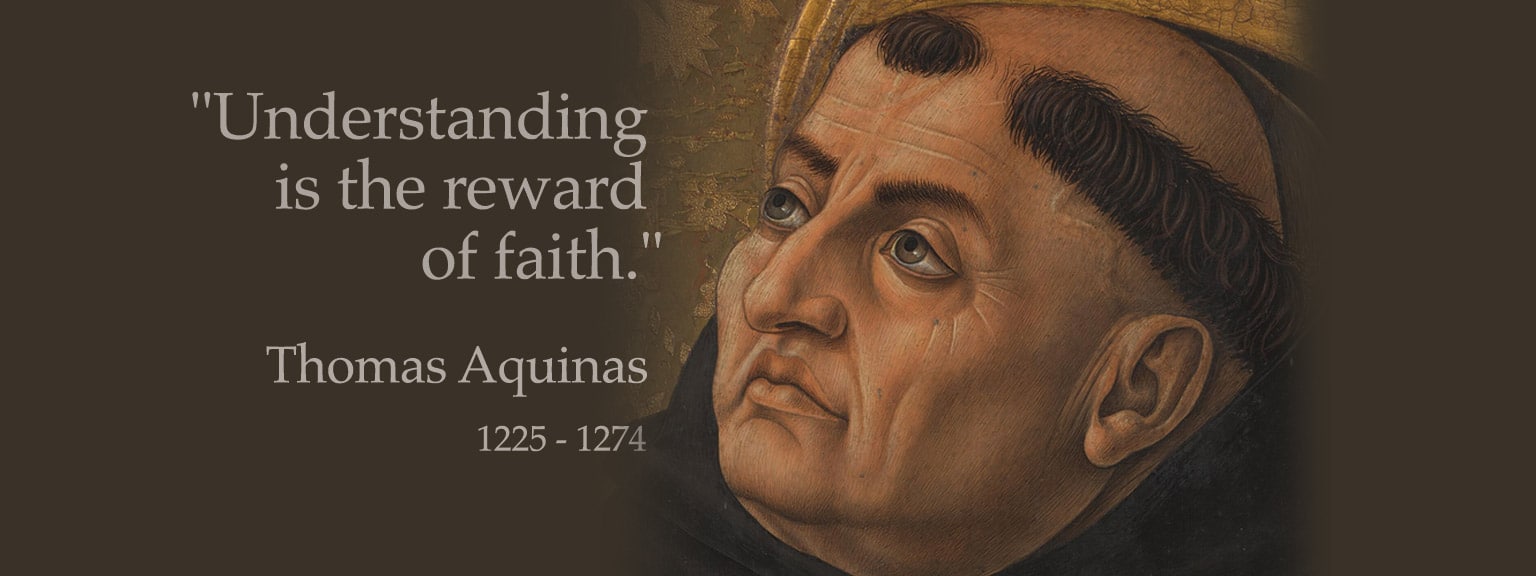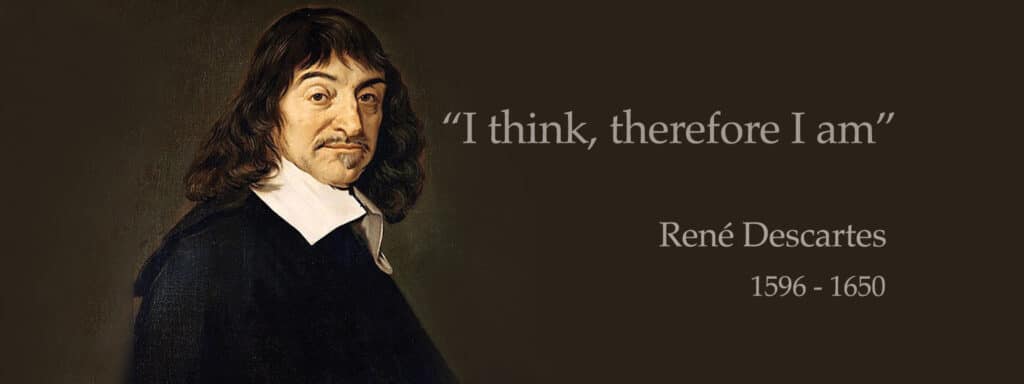Human Acts

In September, we published “On Honor, Courage, and Commitment” as the first essay for the Al Gray Marine Leadership Forum at Carolina Museum of the Marine. Last month, we followed with “Self-Possession” which is intended to describe this important quality to be developed in people who are able competently to govern themselves and to contribute to the well-being of those around them. With “Human Acts” which is an attempt to get a bit deeper than self-possession in understanding the basic structure of acts that are truly human, by which we mean acts that are taken on purpose, with forethought, and for which the actor may be held responsible, whether for good or ill. The essay examines human acts as distinct from what is often called “acts of man.” It is a bit demanding, but will repay a reader’s attention. These three essays set a foundation for understanding how a reliably self-governing person functions, since this is important for any examination of leadership more broadly considered.
It became popular in the modern period to think that the human will is not free in any morally significant sense. Of course, this puts a person in the amusing position of arguing against free will, listening to arguments for it, attempting to refute them, and all the while believing that he does not argue freely. The question of the nature of human freedom is an important one for a number of reasons, and important among them is developing the ability competently to govern oneself, and this begins with understanding that we each individually are responsible for how we use our freedom. In other words, the question isn’t whether we are free, for clearly we are, and to deny this obvious truth would cause havoc to anything like healthy social order. We wouldn’t find it a rationally defensible view, for example, to think that criminals are not free not to offend, and prosecutors are not free not to prosecute, since this reduces individuals to puppets in someone else’s show. Without moral freedom, there can be no moral responsibility, and without moral responsibility very little in human individual and social life makes much sense. The object before us, then, is to consider the internal structure of human acts so we can explain responsible decisions leading to responsible action and irresponsible decisions leading to irresponsible action.
Philosophers in the West have long understood that there are no concrete goods that appear to us in such a way that our wills are bound to choose them. Thus we may say that with regard to choosing particular, concrete goods, our wills are free. We should observe here a concern that has occupied western thinkers since Socrates, which is the fact that people frequently choose what is bad mistakenly believing it to be good. For Socrates, if we can cause such people to understand their mistake, and to see what is good as good, they will naturally choose it because the good is that which all things desire. The great Greek moralist was wrong on this point, and we know this because we encounter people who understand what is good but fail to choose it, whether through weakness or vice, and choose what is bad knowing it is bad. So, we can see that our wills are free, but does this mean that all of our acts are freely chosen?
The following discussion is informed by the influential philosophy of the 13th century Dominican friar St. Thomas Aquinas. His major work, Summa Theologiae, has had an unmistakable impact on the development of western thought. While there are other thinkers of importance like Rene Descartes, Thomas Hobbes, David Hume, and Immanuel Kant, there are today around the western world schools of “Thomists,” as they are called, seeking to understand and develop the philosophy of Thomas Aquinas. In fact, one of the most important academic journals of philosophy and theology is called simply The Thomist. In particular, when discussing human conduct, Aquinas distinguishes “human acts,” which are free, from “acts of man,” which are not. In order for an act to be free it must proceed from reason and will. An act structured in this way is a human act. Acts that are not deliberate, that is, that do not follow from reason guiding the will, may be called “reflex acts,” or acts of man, which Thomas maintains are not truly free. Thus a free act is one of which “man is master.” “Therefore free will is said to be a faculty of the will and the reason. Thus those acts are properly called ‘human’ which proceed from deliberate choice.”

Two points should be made here. First, the word “deliberation” is used to identify thinking about what to do when more than one option is available. If a Marine is set to begin sentry duty at 7:00 p.m. (1900), then beginning his watch at that time is the only option he can defend. On a weekend, however, a husband and a wife may choose how to spend their time from any number of legitimate possibilities. The talk of human acts as following from reason and will and so being deliberative acts can sound a bit mechanical which is, I suppose, a risk one must take in order to explain something, a human act, that is at once so natural to us and yet more complex than we normally think. Second, deliberation can take place in an instant and continue throughout a series of actions. A small child falls and is hurt. One begins to respond perhaps while the accident is still unfolding, with a clear idea of what to do and in what order and for what end.
The fact that we experience our lives, day by day, as a “flow” can have the effect of masking from us the different moments in which moral decisions are to be taken as separate, if not fully discrete, events. This would explain the sense one might get of the mechanical nature of discussing the structure of human acts. However, we have the experience of reflecting on a past action and thinking about it in isolation from those actions that passed before and after. Yet when we think about past actions in this way, our focus is usually on the quality of the act whether good or bad, and not on the basic structure of the act. So then, how might we think in general about our actions in advance of taking them? Another way of asking this question aims at what it is that each of us wants. We are different, each of us from the other, and yet we are remarkably similar if not the same. Men in general are different from women in general, and yet we can understand one another and share many of the same desires. Moreover, in nearly every field of endeavor, we find both men and women, if not always in the same proportions. It is important to understand also that in important ways, we are not equal. We are not equally intellectually curious or disciplined, athletic, musical, scientific, ambitious, hospitable, capable of growing things, and much else, and it is just this inequality of natural interests and abilities that makes possible societies of interdependence and cooperation. In short, we are each possessors of human nature and this nature establishes certain goods that are good for each of us, and this fact accounts for a way of thinking about what is good and what is not that is common to us all.
We can think in various way, but when we think in practical ways, about what to want and what to do, solid thinking begins under the guidance of what has long been called the First Principle of Practical Reason: good should be done and pursued, and evil avoided. When presenting this principle to university students, the same questions naturally follow. What is good? What is evil? There is a long and interesting tradition of reflection on these questions, and a strong strain of it recognizes that we have a natural attraction to what is good for us, and a natural aversion to what is harmful. Then follows the observation that we don’t agree on what these things are. It is possible, of course, to be drawn to what is not good, but we can see this condition as an unhealthy one. Since we are each possessors of human nature we may come to some agreement on what is good and what is bad, or, to risk appearing flippant, those of us of not-so-tender years as our college-level countrymen know what good is and we know what evil is. This is the reason why it has long been said by moral philosophers that every human being who thinks seriously about moral questions and about how best to act is a natural moral philosopher.
The most influential and longstanding approach to understanding human acts and how to think about them came over time to be called “natural law.” The history of natural law thinking is long and interesting, and importantly, as centuries pass, one sees natural law theory being refined and thus becoming more instructive and useful. In our time, people in the West think of law as commands written by legislatures which citizens are obliged to obey. In natural law theory, however, law is not understood this way. Here, a distinction is made between law and legislation, and this consists in holding that while legislation is made by human beings, law pre-exists legislation and is discovered. There are two broad ways of looking at law, and particularly, in understanding where law is lodged. The law is the law of human nature, and since human nature is fundamentally moral and intellectual, the law is moral and intellectual. This is so because we have wills and we have intellects, and seeing this tells us that the natural law is within us; it is the law of our nature. We can think of this law as a necessary quality of rational beings, or, we can observe that it is placed within us by God when he crated us in his image and likeness. There are potent consequences of either way of thinking of the origin and location of natural law, but whichever way one sees it, the law is knowable by reason unguided by divine revelation because it is an element of our nature. There is general agreement that the high point of development in natural law thinking is found in the Summa Theologiae in what is called the first part of the second part, question 94.
If we are guided by the First Principle of Practical Reason, pursue good, avoid evil, several goods jump immediately into view. First, it is good to exist. All things being equal, my existence is good; your existence is good. Certain insights follow from this like, for example, I should take care of my health so that I do not pass out of existence sooner than necessary. And, I should not purposefully harm myself by suicide or other assaults on my existence. Second, if it is good for me to exist, then it must be good for others like me (other human beings) to exist. In light of this one can see, Aquinas tells us, that it is good to marry and to raise and educate children. We can see also that we should not attack others without moral justification, and we should conduct ourselves with sufficient discipline that we do not subject others to dangers to life or limb. Third, while the first to principles of the natural law are moral, we have minds also, and the natural nourishment of the mind is truth. Therefore, we each should seek to know truth, and always to speak truthfully with others.
We now have the scene fully in view. A free human act is one that consists in reason guiding the will. The principle that guides our thinking about action is the First Principle of Practical Reason: good should be done and pursued, and evil avoided. Our minds thus consider what is good, and we may understand evil, in this way, to be anything that corrupts or frustrates what is good. What is good for us is identified in part by the natural moral law as Aquinas explains it, and it consists in the good of our lives and the requirement to maintain them, the good of the lives of others and a duty not to endanger their well-being, and the good of our minds, which is truth, and the duty to seek truth and to speak with others truthfully.
Readers may recall that our essay “Self-Possession” is an attempted explanation of the importance of a commitment always to be truthful with ourselves and with others. This discussion of human acts adds more detail to that explanation, and it clarifies more fully, we believe, what is means truly to be self-possessed.
Thomas Aquinas addresses this possibility by arguing that no one pursues evil for its own sake, but rather sees in an evil act some good mixed with it, and it is the perceived good that motivates the wrongdoer. Pursuing the same matter, 20th century moral philosopher Elizabeth Anscombe considers a case in which someone contemplates burgling the house of a wealthy neighbor to steal his silver in order to sell it and feed the poor across town. Anscombe’s contention is that one cannot justify an immoral act by referring it to some future good hoped for in consequence of the wrongdoing. Rather, we must consider the rightness or wrongness of what we are intending to do right here, right now, in this act I am contemplating. Lying behind these considerations is this question: Are there any moral rules that bind us absolutely in all cases whatsoever? That is, are there actions that no possible set of circumstances can justify?
Frederick C. Copleston, Aquinas, Penguin Books Ltd., Hammondsworth, Middlesex, England, 1955, p. 194. (Here, Copleston is discussing the Summa at Ia, IIae, I, I.)


